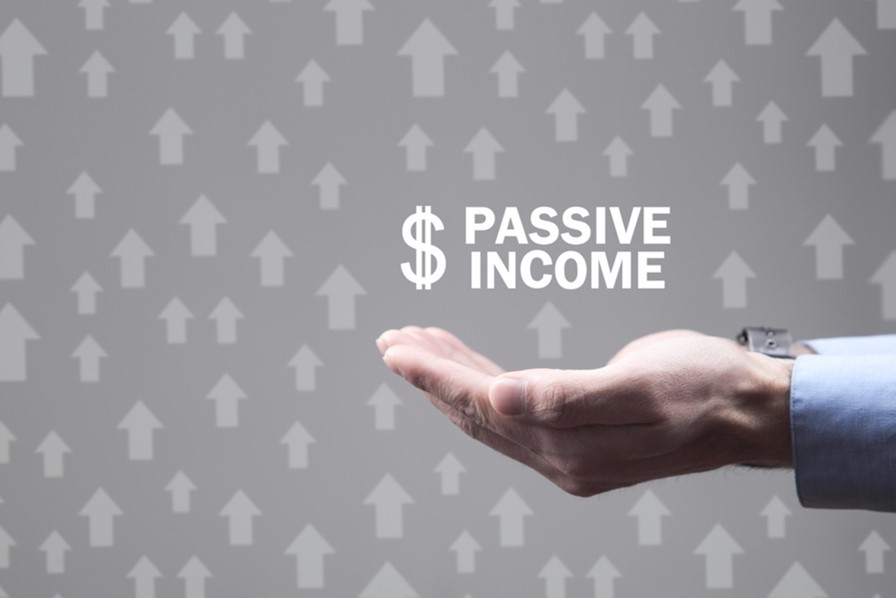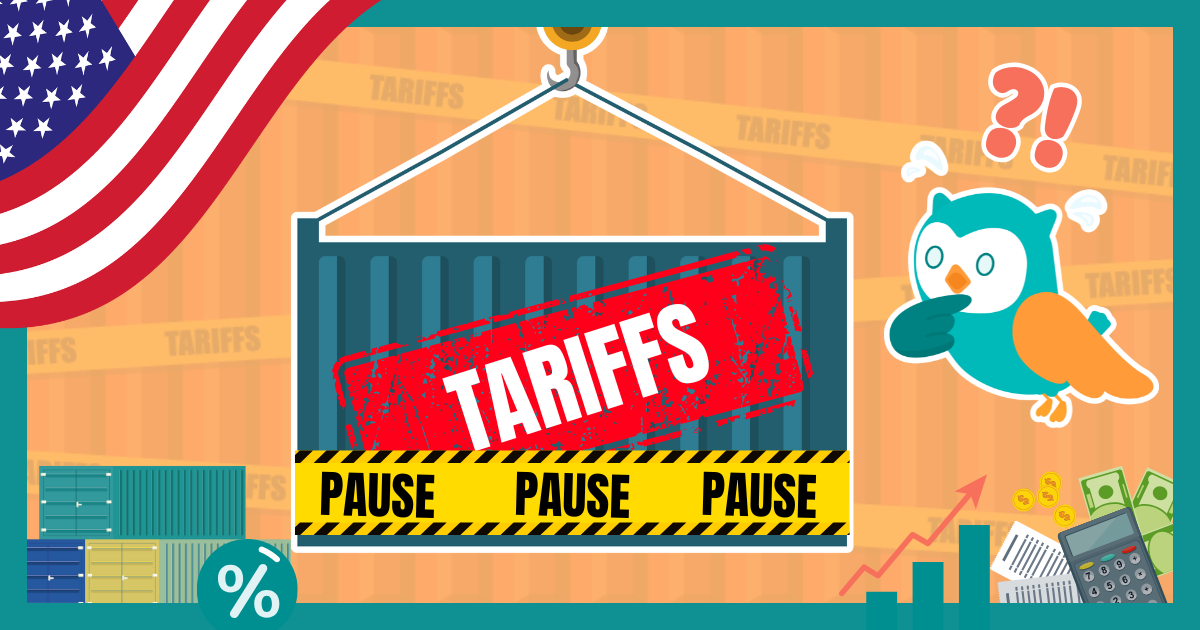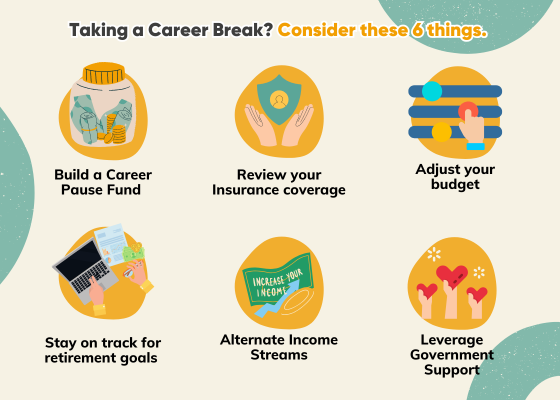Note: It was announced in November 2023 that MoneyOwl will be acquired by Temasek Trust to serve communities under a re-purposed model, and will move away from direct sale of financial products. The article is retained with original information relevant as at the date of the article only, and any mention of products or promotions is retained for reference purposes only.
______________
Find Out Ways To Build Passive Income For Your Retirement Lifestyle
There are countless ways for you to build up passive income to sustain a comfortable retirement lifestyle. But besides working on side hustles, optimising your CPF LIFE, raking in rental income, and purchasing annuities, what else can you do? Here are four more ways you can make your money work for you in the long run.
- Dividends from shares
Companies raise capital to fund their business operations and expansions by issuing shares to the public. If you buy these shares, you effectively own a share of the company and will be part of the business’ potential growth. You’ll also receive a share of their profits, which are distributed as dividends on a periodic basis; usually quarterly.
Dividend income isn’t taxable in Singapore but could be subject to dividend withholding tax in other countries. For example, as a Singapore tax resident, you’ll be subject to a 30% dividend withholding tax on dividend income paid by US companies.
One main downside to this is concentration risk as you’ll require quite a bit of capital to own whole shares of a company. This makes it highly impractical for you to be buying into hundreds of companies to diversify your risk.
It could also lead to an overdependence on the few select companies to provide for your passive income. That poses a huge risk as a crisis like COVID-19 could cause companies to declare fewer dividends or in the worst-case scenario, fight for their survival.
- Coupons from bonds
Another way that governments and companies raise capital to fund their expenditure is through the issuance of bonds. Unlike shares, bonds don’t give you any ownership in the company.
Instead, a bond represents a promise from the government/company to pay you back the amount borrowed plus interest within a certain tenure. This interest that you get, usually on a semi-annual basis, is called a coupon. And the lump sum to be paid back once the bond matures is called the principal. Coupons are also not taxable in Singapore.
The coupon rate of a bond affects how much passive income you can get out of it. What affects the coupon rate are the credit quality of the issuer (likelihood of the government/company defaulting) and the duration (time taken for the bond to mature).
Generally, the lower the credit quality and the longer the duration of the bond, the higher the coupon rate will be, as the bond issuer will need to pay you more to undertake the risk.
Like shares, deriving a passive income through bonds comes with the downside of concentration risk. With wholesale corporate bonds trading at S$250,000 lots, you’re even less likely to be diversifying across many bonds and getting liquidity from it. You may also be tempted to invest in bonds paying the highest coupon and end up taking on too much credit risk. Analysing the credit risk of a company is a complex business and should be left to professionals.

- Dividends from funds
If you like the idea of building a stream of passive income using shares, bonds, and property, but want to mitigate the various downside risks, you can consider investing in Exchange Traded Funds (ETFs), Real Estate Investment Trusts (REITs) or unit trusts to achieve this outcome. The objective of these products is to pool the funds from investors and use those resources to buy into a basket of diversified instruments which effectively mitigates concentration risk.
With greater buying power, such products also open up global opportunities especially for you as an individual investor to tap on. Singapore’s capital market is after all only a drop in the ocean of the global financial markets. When you invest through these investment products, you receive units of the fund corresponding to the amount you have invested. As these units can be traded fractionally, you can easily buy and sell them thus increasing accessibility and liquidity as well.
There are many types of funds in the market, do search specifically for funds that distribute dividends to form your source of passive income. These regular payouts come from the share dividends, bond coupons, rental income and realised capital gains of the underlying basket of instruments that the fund is allowed to invest in, and in some cases, drawing down from your capital. The average dividend yield for such funds is about 4% p.a., sometimes even as high as 9% p.a.
So what’s the downside to this approach? These investment schemes are managed by a fund manager who is remunerated via a fee that is paid directly from your investment. The average annual management fee is about 1.2% p.a. and over time this could eat into the returns of your investments if costs are not kept low.
- Decumulation from funds
If you don’t fancy paying 1.2% p.a. in fees to your fund manager, you can also structure your own passive income stream by systematically liquidating from a fund that doesn’t pay dividends. Research shows that if you invest in a portfolio that is evenly split between shares and bonds, you can withdraw 4% of your starting portfolio value every year consistently regardless of market upturn and downturn to last at least 30 years. This is widely known as the 4% safe withdrawal rule.
To execute this strategy, find a fund that is managed with a sound investment strategy that focuses on broad diversification, doesn’t try to forecast or identify mispriced shares and most importantly, can deliver market-based returns at a low cost. With the mushrooming of robo-advisors in Singapore, investors are spoilt for choice on low-cost funds with fund-level fees averaging 0.4% p.a. Before you invest with any robo-advisors, make sure you understand how they are managing your money as all of them have yet to stand the test of time.
Bonus: A flexible income solution that caters to your changing financial needs
What if there is a solution that can provide you with a stable stream of sustainable passive income easily and without needing to pay high management fees?
Introducing Fullerton MoneyOwl WiseIncome, a multi-asset fund co-created by MoneyOwl and Fullerton Fund Management, a Temasek Holdings subsidiary.
With WiseIncome, you now have a low-cost solution to building your stream of sustainable passive income from a portfolio of global equities, Asian bonds, S-REITs, and safe government bonds. It also gives you the flexibility to grow your money and meet your passive income needs at every stage of your life.




